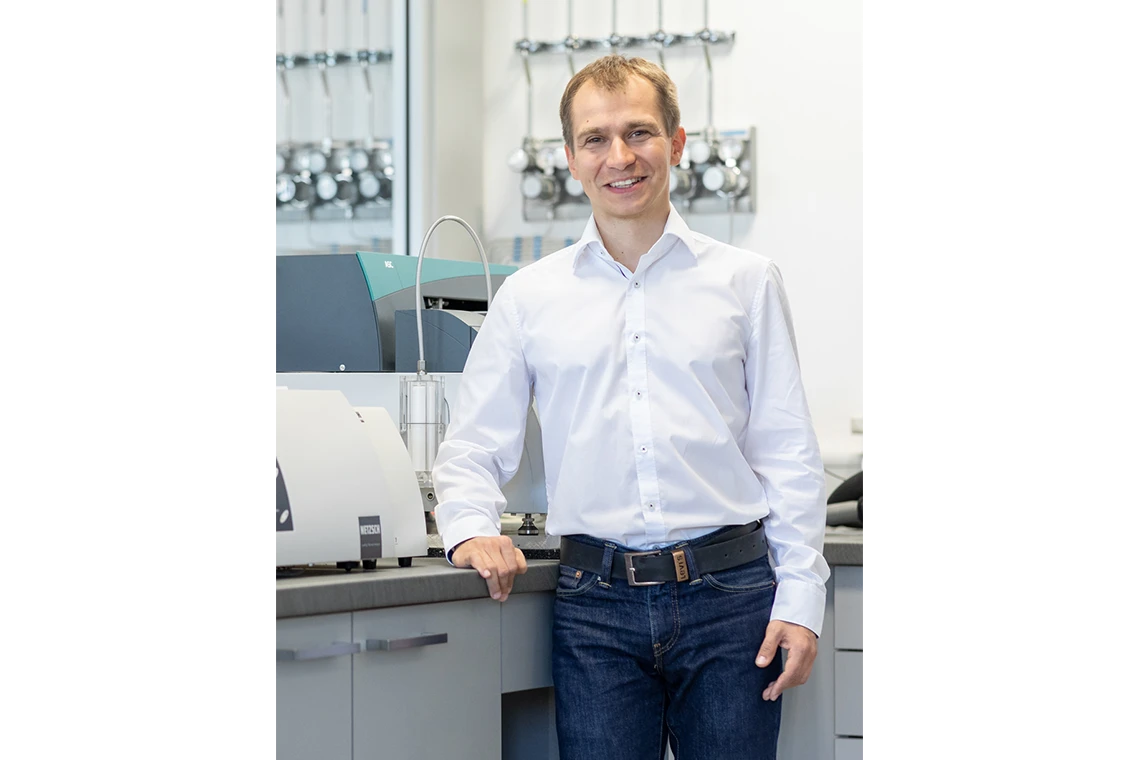Inside into the NETZSCH Lab - Material Characterization for Thermochemical Water-Splitting by Thermal Analysis
Dr. Michael Schöneich, Application Scientist, NETZSCH Analyzing & Testing
Thermochemical processes like multistep water- and CO2-splitting are promising options to face future energy problems. Particularly, the possible incorporation of solar power makes these processes sustainable and environmentally attractive since only water, CO2 and solar power are used to convert solar energy into storable and transportable fuels. One of the major barriers to technological success of thermochemical processes is the identification of suitable reactive materials that exhibit satisfactory durability, reactivity and efficiencies. Thermal analysis is a suitable means of investigating materials and their properties regarding their potential applications.
In this lecture, we will welcome you to the NETZSCH Laboratory with a demonstration of a special STA setup. This setup is suitable to analysis high temperature water cycle experiments and therefore enables the investigation of topics like thermal water splitting.

Michael Schöneich studied Chemistry at the Technical University of Dresden and has a PhD in Inorganic Chemistry. His thesis was honored with the H.C. Starck award for exceptional work in the field of solid-state chemistry and materials science. During this time, Dr. Schöneich had research stays at the Max-Planck Institute of Chemical Physics of Solids and the European Synchrotron Radiation Facility.
In 2013, Dr. Schöneich joint NETZSCH-Gerätebau GmbH as Application Scientist. He works mainly on the topics of Simultaneous Thermal Analysis and Evolved Gas Analysis where he supports academia and industrial users worldwide to achieve high-class scientific results. Also, his technical understanding and application knowledge is a welcome input in the development of new instruments generations.